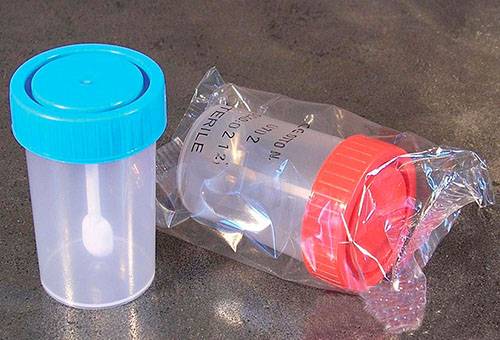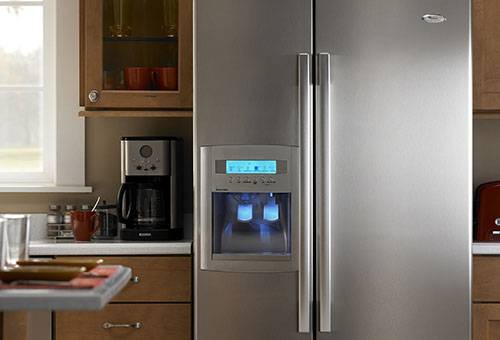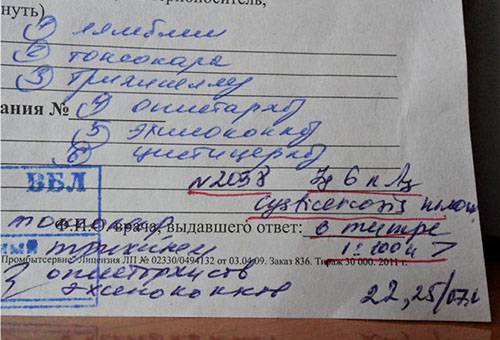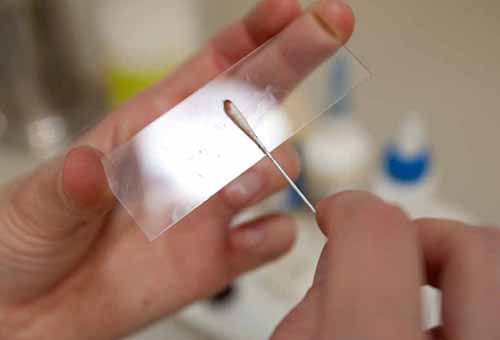How long can you store stool in the refrigerator before submitting it for analysis?

If you want to get a detailed answer to the question, read below>>>
The interpretation of the analysis result largely depends on whether the material was taken correctly. How should stool be collected and stored to obtain a reliable diagnosis?
Preparation and collection of analysis
Correct collection of stool analysis significantly affects the accuracy of the diagnosis. Even if you follow all the rules for storing and transporting the analysis, you can get an unreliable result. If the collection technique was violated at any stage, one can no longer vouch for the accuracy of the diagnosis. How to properly collect material for research?
- Prepare a sterile container. It is best to purchase a special container at the pharmacy. Some laboratories provide disposable containers for sample collection. Previously, small glass jars were used, after they had been sterilized and dried. This method is possible, but pharmacy packages are more convenient and cost only about 25 rubles. What you definitely shouldn’t do is use disposable plastic utensils and containers that have already been used for stool analysis.
- Empty your bladder. Carefully treat the external genitalia and anus with soapy water or furatsilin. Rinse your skin with clean water.
- Use a clean, dry container (potty or pan) to defecate.
- Take a small stool sample (5 cm3) and transfer to a previously prepared container.Pharmacy containers have a special spoon for this purpose. Some experts recommend collecting samples for worm and lamblia eggs in several places, this increases the accuracy of the analysis.
- Close the container tightly with the lid.
Advice
If necessary, the attending physician will recommend following a diet, namely, eliminating fatty and salty foods with a lot of spices. If no instructions have been received, there is no need to change the diet.
Stool analysis cannot be carried out at any time. It is prohibited to collect material for research in the following cases:
- within 2 days after the cleansing enema;
- within 2 days after X-ray contrast examination of the digestive tract;
- when using sorbents (activated carbon and others) for several hours before defecation;
- in case of taking laxatives the day before the planned study;
- when using rectal suppositories for medicinal purposes;
- in women during menstruation.
If the patient is forced to take any medications on an ongoing basis, the doctor who will conduct the analysis must be notified.
How to help the body before collecting tests? Eat more light fermented milk products, eat fiber-rich vegetables, prunes, and drink water.
How to store feces?
Stool for any test should be collected early in the morning of the day the test is scheduled to be delivered to the laboratory. From the very morning you need to empty your intestines in compliance with all the rules for collecting material. Within the next few hours, the sample should be delivered to the clinic or laboratory in a clean, sterile container. You can deliver the material yourself or use a courier service (if provided by the laboratory).
Is it possible to collect a stool sample the night before and take it to the laboratory in the morning? This option is allowed. It should be noted that even in this case, no more than 8 hours should pass between collecting the material for analysis and delivering it to the laboratory. Otherwise, the expected results of the coprogram may be unreliable.
How should a stool sample be stored? It is recommended to keep the collected material in the refrigerator. It is best to place the analysis on the middle shelf. Do not leave the container on the side shelves of the refrigerator or place it too close to the freezer. The optimal storage temperature for a container with intestinal contents is from +4 ºС to +8 ºС.
The container is placed in a paper bag or plastic bag. In the refrigerator, containers should not have any contact with food.
Freezing stool analysis is strictly prohibited! When frozen and then defrosted, the material loses all its natural properties. It is almost impossible to obtain reliable information from such a study.
How long can collected stool be stored in the refrigerator?
- For coprograms, analysis of worm eggs and protozoa, the material is stored on the middle shelf of the refrigerator for a maximum of 6-8 hours.
- Try to deliver stool for occult bleeding testing within 5-6 hours.
- The most difficult thing is with dysbacteriosis: reliable tests are carried out within 3, maximum 6 hours after defecation, such material is collected on the day of testing.
Consider the time you will need to allocate for travel to the container delivery location. If possible, use a cooler bag for transport, or wrap the container in several layers of newspaper and fabric.
How to collect baby's stool
Baby feces can be collected directly from a diaper or diaper, but urine should not be included in the analysis. The optimal time between stool collection and delivery to the laboratory is 3 hours, but children’s unpredictable bodies cannot always provide this opportunity. Store your child’s tests in the same way as an adult – in the refrigerator for up to 6-8 hours.
When should a stool sample not be stored?
It is not always possible to store the collected material in the refrigerator. A stool test for dysbacteriosis is collected only in the morning and immediately delivered to the clinic or laboratory. The material for determining intestinal microflora must be fresh: not all bacteria can survive long-term storage. When examining a sample after 6 hours or more, the result will be unreliable.
How long can stool collected to determine intestinal microflora be stored? Most laboratories recommend not delaying sample delivery. For dysbacteriosis, feces can be stored in the refrigerator or in an ice pack for no more than 4-6 hours. Freezing of the material is not permitted.
Advice
Make sure the container lid is tightly closed.
In any case, the sooner the sample is delivered for testing, the more reliable the result will be. Some laboratories insist that delivery of the container occur within 2 hours of a bowel movement.
Why do you need to follow the rules?
Many people freeze stool or leave it in the refrigerator for more than 8 hours and get incorrect test results. Why is this happening? During long-term storage, various microorganisms begin to multiply in the collected sample. Some bacteria, on the contrary, die during storage.The chemical properties of the intestinal contents also change. All this ultimately leads to incorrect interpretation of results and incorrect diagnoses.
Violation of the technique for collecting material for dysbacteriosis or identifying specific pathogenic microorganisms can be very critical. Long-term storage and especially freezing of the sample will lead to the inoculation of absolutely incredible combinations of bacteria. In the best case, the doctor will send the patient for a second examination, in the worst case, he will begin the wrong treatment. To avoid this, you should follow all the details of collecting material and take into account the peculiarities of storing samples for various studies.
Alternative options
If it is not possible to collect fresh stool or store it in the refrigerator, you can use alternative methods of collecting material for research. Instead of using containers, in some cases you can take a scraping from the rectal mucosa, for example, when testing for enterobiasis. The material is collected with a cotton swab and then placed in a closed test tube. The sample is delivered to the laboratory within the next two hours.
Unfortunately, scraping the contents of the rectum does not reveal all diseases of the digestive tract. In some cases, the usual sample collection in a container cannot be avoided. You will receive accurate information about the study from your attending physician.
Read the article about How can you store a urine sample?







Better the next day
Can it be frozen? What if I don’t have time to get tested on time?
No. The article says that the result will be unreliable